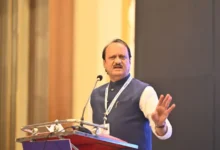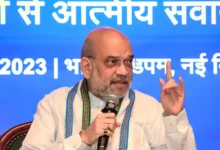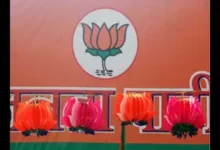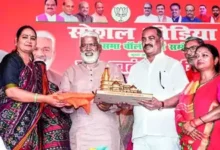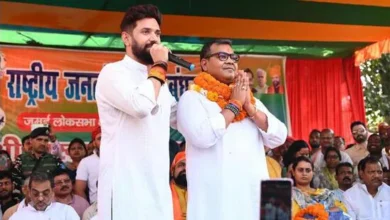-
NATIONAL

In Kakinada, Andhra Pradesh, Only One Tree Is Producing Mangoes…
Due to this year’s delayed harvest, locals in the Kakinada area of Andhra Pradesh are…
Read More » -

-

-

-

-
UP STATE

Yamuna in Agra must be cleaned immediately, according a top…
Agra: During a hearing on a petition submitted by the non-governmental organization Agra Development Foundation…
Read More » -

-

-

-
BIHAR

Bihar Local School Polls: Despite criticism of dynasty politics, it’s…
As in the past, both coalitions in Bihar have found dynasty politics to be equally…
Read More » -

-
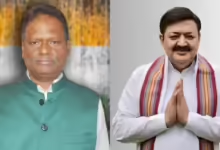
-

-
ENTERTAINMENT

India’s first AI-animated music video, Bad Boys by Vidyarthi
‘Bad Boys’ is a new song from Arun Amukta’s Vidyarthi Vidyarthiniyare, a teen cult that…
Read More » -
ENTERTAINMENT

The unvarnished and rustic depiction of Samarjit Lankesh in and…
A pre-release trailer for Gowri, the next film directed by Indrajit Lankesh’s son Samarjit Lankesh,…
Read More »
-
INTERNATIONAL

EU investigators are looking into the government of China’s purchases…
To investigate potential tit-for-tat tactics and determine if China gives preferential treatment to local businesses…
Read More » -

-

-

-

-
HEALTH

Researchers find that a ketogenic diet helps those with major…
There may be unforeseen effects from the typical antipsychotic medicine used to treat serious mental…
Read More » -

-

-

-
LIFESTYLE
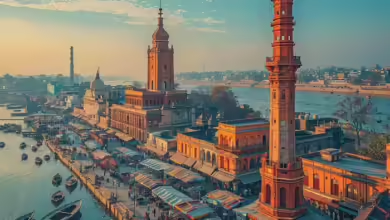
Unearth Patna’s Unsung Treasures: A Tribute to the City’s Spiritual,…
Mention Nowadays, young people probably see Patna with its tumultuous alleys, ancient ruins, and sacred…
Read More » -

-

-

-
SPORTS

Jadeja surpasses Shivam Dube at position four: After LSG’s defeat,…
After his team’s last-over defeat to LSG in the Indian Premier League (IPL) 2024 on…
Read More » -
SPORTS

Following the CSK masterclass, Marcus Stoinis talks about the Australian…
Marcus Stoinis spoke candidly about being passed over for the Australia central contracts after his…
Read More » -
SPORTS

Fraser-McGurk may get a lot of knowledge from the IPL,…
Young players like Jake Fraser-McGurk, in the opinion of DC head coach Ricky Ponting, have…
Read More » -
SPORTS

Wiser but older Kuldeep Yadav feels upset even now by…
Kuldeep Yadav, a spinner for DC, has shared details about his time at KKR for…
Read More »

